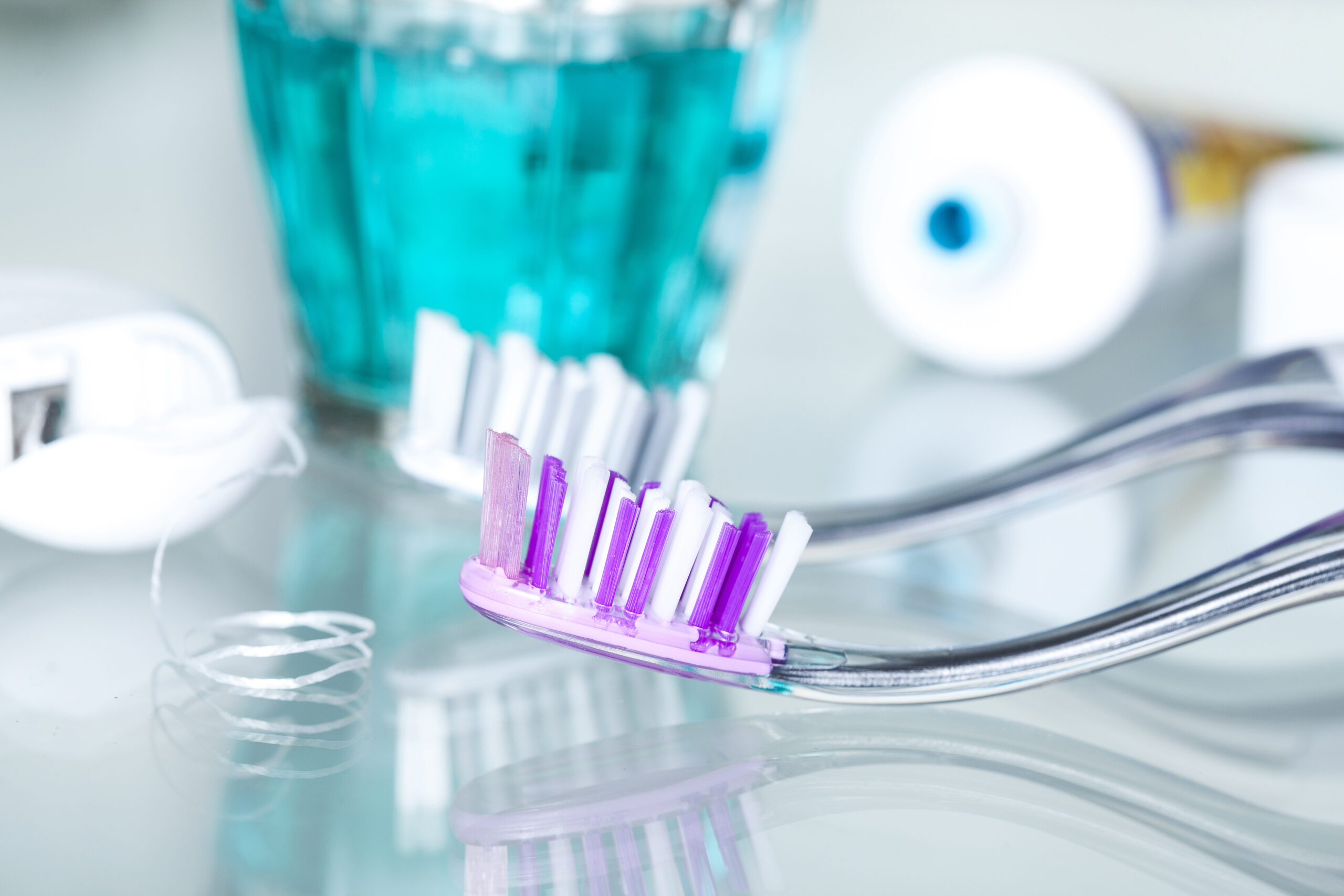
Dental Cavity Prevention: How to Prevent Cavities
Tooth enamel is the hardest substance in the human body. It creates a protective barrier on the teeth that helps ward off decay. However, enamel can wear-off over time due to a combination of factors. Culprits include frequent snacking, poor oral hygiene habits, sipping sugary drinks, and an overabundance of bacteria in the mouth. When cavities form, it creates a hole in the tooth that can lead to pain and sensitivity. Luckily, there are measures you can take for cavity prevention.
Who Is Susceptible for Cavities?
Both children and adults suffer from tooth decay. According to data published by the Centers for Disease Control and Prevention (CDC), 16.9 percent of children between ages 5 and 19 and 31.6 percent of adults between ages 20 and 44 have untreated cavities. You may be at an increased risk for tooth decay if you:
- Snack frequently between meals
- Eat sugary foods or beverages
- Have chipped or cracked teeth
- Have crooked or crowded teeth
- A personal or family history of cavities
- Have had neck or head radiation therapy
- Take medications that cause dry mouth
Tips
Oral Hygiene Habits:
Good oral hygiene habits can help prevent the formation of cavities. Brush at least twice a day with fluoride toothpaste, ideally after meals. Additionally, use floss or an interdental cleaner to clean the spaces between your teeth. The use of a mouthwash containing fluoride can also help reduce your risk of tooth decay further.
Water:
What you eat and drink directly contributes to the health of your teeth. Drink plenty of water each day to help rinse away food particles and bacteria in your mouth. Most public water supplies contain fluoride which can also help reduce tooth decay. When eating or drinking anything besides water, the bacteria in the mouth create acids that can attack tooth enamel. Avoid snacking throughout the day which can be damaging to your teeth.
Food and Drinks:
There are certain foods and drinks that are known to contribute to cavities and are not good for your overall health. This includes foods and beverages that are high in carbohydrates and sugar such as cakes, candies, soda, and other sticky foods and treats. Consume these in moderation. When you do eat or drink these, brush your teeth soon after consumption.
Opt for foods that are known to increase saliva flow, such as fresh fruits and vegetables. These will help wash away food particles and other debris that contribute to cavities. Additionally, besides water, try switching to tea and unsweetened coffee as these are good alternatives to sweetened beverages like soda and juice. You can also chew sugar-free gum after meals to help boost saliva flow.
Professional Teeth Cleaning:
Your Melbourne, FL dentist can also help you keep your teeth and gums healthy. Visit your dentist at least every six months for a professional dental teeth cleaning. During your checkup, your dentist will also examine your mouth, teeth, and gums to check for signs of damage or decay.
Sealants:
If you are concerned about cavities, ask your dentist about dental sealants. Sealants are often recommended to school-age children. They help to seal the grooves and crannies in the teeth that collect food. This protective plastic coating can protect tooth enamel from harmful acids and plaque buildup. Dental sealants generally last for several years before they need to be replaced.
Cavity Prevention Treatments:
If you’re particularly vulnerable to tooth decay, you can also ask your dentist about fluoride treatments and antibacterial treatments. Fluoride treatments are recommended for patients who do not get sufficient fluoride through the water they drink. Special antibacterial mouth rinses may also be recommended to patients that suffer from certain health conditions that cause dry mouth or an excessive buildup of bacteria in the mouth.
Contact Your Melbourne, Florida Dentist
Tooth decay is the second most common disease in humans besides the common cold, according to the Medical Science Monitor journal. Fortunately, tooth decay is preventable by taking the proper precautions and following a healthy oral hygiene regimen.

